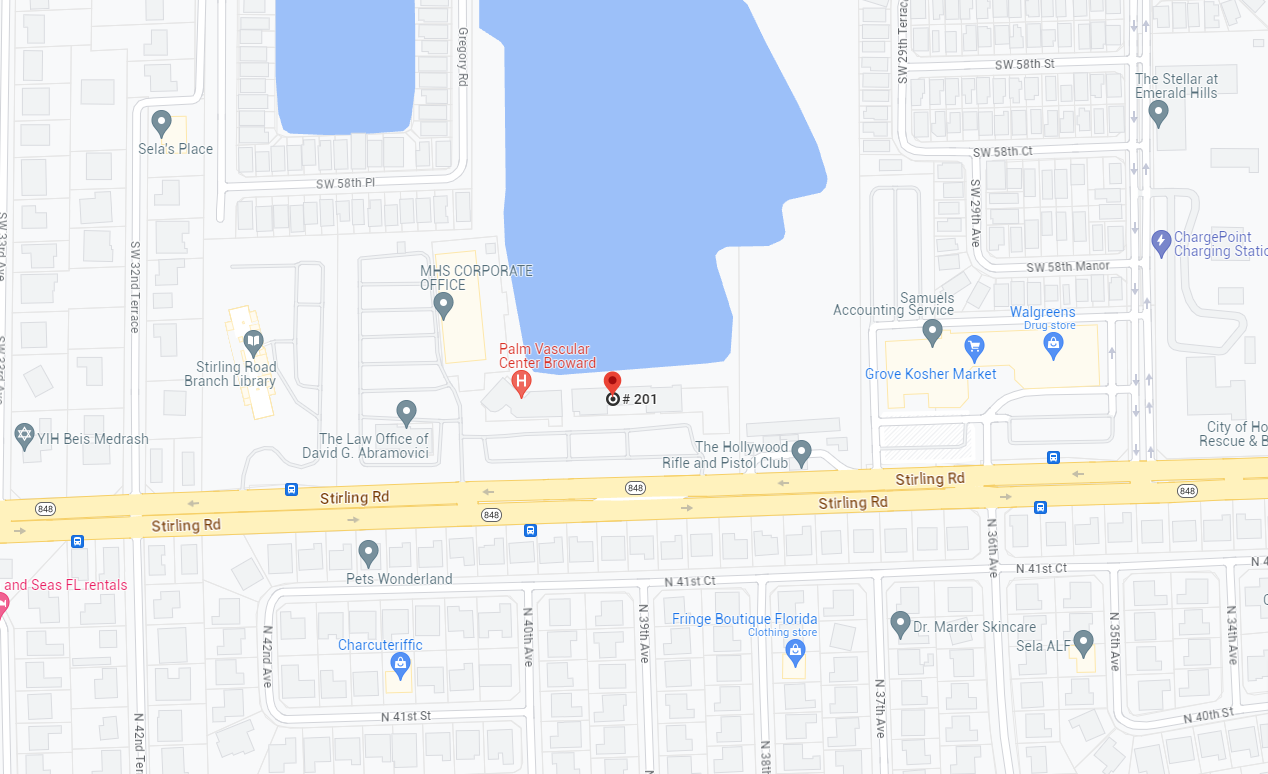New Requirements (and Potential Pitfalls) on Payment for Attorneys Representing Personal Representatives and Trustees
By: Brandon D. Cole
On June 21, 2021, Governor Desantis signed House Bill 625, which amends Sections 733.6171 and 736.1007 of the Florida Statutes regarding the compensation of attorneys representing Personal Representatives and Trustees in Florida (the “Amendments”). The Amendments, applicable to estate and trust administrations commenced on or after October 1, 2021, place additional disclosure requirements on attorneys that (i) want to use the compensation scales set forth in Sections 733.6171(3) and 736.1007(2) that are presumed to be reasonable and (ii) want to be compensated without a court order.
The statutory compensation schedule for an attorney representing the personal representative of an estate is as follows:
(a) One thousand five hundred dollars for estates having a value of $40,000 or less.
(b) An additional $750 for estates having a value of more than $40,000 and not exceeding $70,000.
(c) An additional $750 for estates having a value of more than $70,000 and not exceeding $100,000.
(d) For estates having a value in excess of $100,000, at the rate of 3 percent on the next $900,000.
(e) At the rate of 2.5 percent for all above $1 million and not exceeding $3 million.
(f) At the rate of 2 percent for all above $3 million and not exceeding $5 million.
(g) At the rate of 1.5 percent for all above $5 million and not exceeding $10 million.
(h) At the rate of 1 percent for all above $10 million.
§ 733.6171(3), Fla. Stat. The Florida Trust Code provides for attorney compensation at a rate equal to 75% if the same schedule.
Unless otherwise agreed, compensation based on the value of the trust assets immediately following the settlor’s death and the income earned by the trust during initial administration at the rate of 75 percent of the schedule provided in s. 733.6171(3)(a)-(h) is presumed to be reasonable total compensation for ordinary services of all attorneys employed generally to advise a trustee concerning the trustee’s duties in initial trust administration.
§ 736.1007(2), Fla. Stat. Although these schedules will continue to be presumed reasonable, attorneys will be required to make additional disclosures or risk inviting a challenge to the amount of fees based on the failure to make the required disclosures.
The Amendments insert substantially similar subparagraphs into both the estate and trust Statutes. The estate Statute states the following:
(b) An attorney representing a personal representative in an estate administration who intends to charge a fee based upon the schedule set forth in subsection (3) shall make the following disclosures in writing to the personal representative:
1. There is not a mandatory statutory attorney fee for estate administration.
2. The attorney fee is not required to be based on the size of the estate, and the presumed reasonable fee provided in subsection (3) may not be appropriate in all estate administrations.
3. The fee is subject to negotiation between the personal representative and the attorney.
4. The selection of the attorney is made at the discretion of the personal representative, who is not required to select the attorney who prepared the will.
5. The personal representative shall be entitled to a summary of ordinary and extraordinary services rendered for the fees agreed upon at the conclusion of the representation. The summary shall be provided by counsel and shall consist of the total hours devoted to the representation or a detailed summary of the services performed during the representation.
§ 733.6171(2)(b), Fla. Stat. The trust statute, section 736.1007(1)(b), contains substantially the same language. In addition to making these disclosures, the attorney must obtain a signed acknowledgement of the disclosures from the personal representative or trustee. § 733.6171(2)(c), Fla. Stat.; § 736.1007(1)(c), Fla. Stat.
Some attorneys charge fees that are not dependent on the statutory schedule and may assume that these disclosure requirements will not change their standard client intake documents. However, that is not the case, because the amendments also alter an attorney’s right to be paid without a court order. Section 733.6171(1) is amended to replace the mandatory “shall be entitled” language with language stating that attorneys “are entitled to reasonable compensation payable from the estate assets without court order,” but making payment subject to new Section 733.6171(2)(d). The same is true for Section 736.1007(1) of the Florida Trust Code.
The new Section 733.6171(2)(d) provides that “f the attorney does not make the disclosures required by this section, the attorney may not be paid for legal services without prior court approval of the fees or the written consent of all interested parties.” This requirement is the same for the attorney for a trustee. Therefore, even if an attorney is not relying on the statutory fee schedule, the attorney must make the new disclosures if the attorney wants to be paid without the necessity of seeking a court order or the consent of all the interested parties or qualified beneficiaries.
In addition to making the statutory compensation scale subject to the new disclosures, the amendment also subjects the fee for rendering extraordinary services to the disclosures and adds the complexity of the estate as a factor in determining the attorney’s compensation for extraordinary services. § 733.6171(3), (4), Fla. Stat. The same is true for the amended trust statute, which subjects the compensation for an attorney’s ordinary, extraordinary, and limited services (as defined by a retaining agreement) to the new disclosures. § 736.1007(2), (3), and (5), Fla. Stat
If an attorney does not make the required disclosures, not only will the attorney need to seek a court order or the consent of the interested persons or beneficiaries, the attorney also opens his or her compensation up to challenge based on “[a]ny agreement relating to the attorney’s compensation and whether written disclosures were made to the personal representative in a timely manner under [certain] circumstances[.]” § 733.6171(5)(i), Fla. Stat.; § 736.1007(6)(i), Fla. Stat. While it is possible that a judge will award the attorney the full fee over an objection, the potential for additional litigation over the attorney’s compensation based on nondisclosure adds unnecessary risk and complexity to the estate or trust proceedings.
Practitioners should make modifications to their standard client intake documents sooner, rather than later, as these changes impact administrations commenced on or after October 1, 2021. Any estate and trust administrations based on unmodified client intake documents should be commenced prior to October 1, 2021. If commenced on or after October 1, 2021, the disclosure should be made, and a signed acknowledgement should be obtained from the personal representative or trustee.
If you are nominated to be a personal representative or trustee and are seeking to commence or continue the administration of an estate or trust in Broward, Miami-Dade, Palm Beach County, or anywhere else in Florida, please contact a Broward County Probate & Estate Administration lawyer by calling (954) 764-6766 or by completing the contact form on this page.










